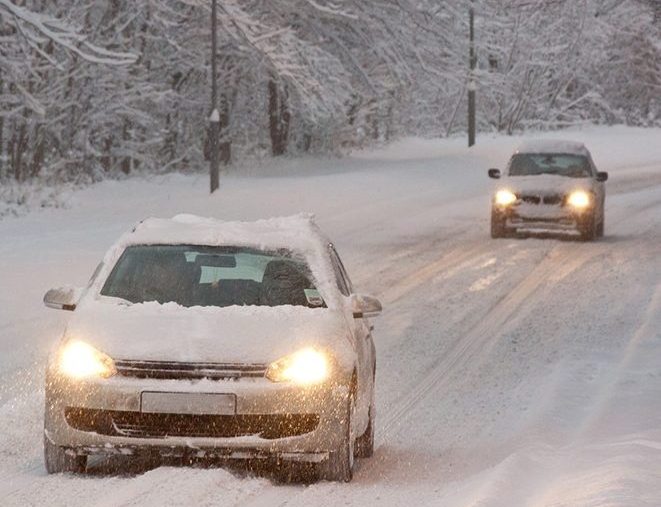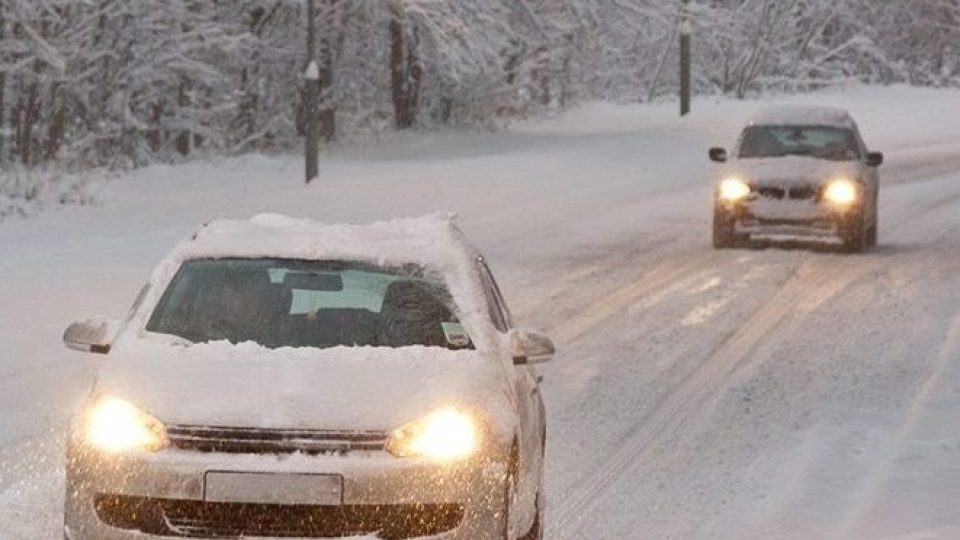
Defensive Driving: What is Defensive Driving, and How You Can Drive Safer!
What is Defensive Driving?
The Canada Safety Council defines defensive driving as “driving to prevent collisions, in spite of the incorrect actions of others and adverse conditions.” A defensive driver is always aware of the road, anticipating what other drivers could do, and planning actions a few seconds ahead. This reduces the chance of an accident, compared with only reacting to what happens on the road.
According to Transport Canada, motor vehicle collisions caused 152,847 injuries and 1,922 fatalities in the year 2018 alone. In addition, 9,494 of the reported injuries were serious, requiring hospitalization for their treatment. Globally, the World Health Organization (WHO) reports 1.35 million fatalities per year due to vehicle collisions. Learning how to drive defensively can help you avoid traffic accidents, and protect yourself, your passengers and other drivers.
As Canada moves into the winter months, icy road conditions and changing weather can make accidents more likely. The risks are increased when a driver is inexperienced, fatigued, or impaired by substances. You can not control the actions of other drivers, but by driving defensively you can reduce the likelihood of accidents and be safer behind the wheel.
Basic Principles of Defensive Driving
The Canada Safety Council summarizes defensive driving in three steps:
- Recognizing hazards on the road
- Understanding the defense – What is the best course of action?
- Responding in time to prevent the accident
Defensive driving requires awareness and knowledge. You must learn how to identify the signs of a possible accident, and predict what could happen based on the physics of motor vehicles. Based on this information, you can decide how to control your vehicle to reduce the chances of a collision. Quick thinking is crucial as many road hazards only give you a few seconds to respond.
Another important element of driver safety is prevention; which is done by driving your vehicle in a way that does not threaten others. You must assume that other motorists will not always drive safely; so you must be confident in your skills. Enrolling in an online defensive driving training courses is a great way to improve your skills and become a defensive driver.
What Causes the Most Vehicle Collisions in Canada?

3 Quick Tips on Driving Defensively
A defensive driving course is the best way to improve your skills, and you may also be eligible for reduced insurance premiums. Following recommendations can be very helpful on the road:
- Anticipate: Vehicles are heavy and they have inertia, which means they cannot stop or change their path in an instant. When you can anticipate the actions of other drivers, you have more time to be proactive and plan your response. On the other hand, if you are simply reactive to events on the road as they happen, there may not be enough time to avoid a collision.
- Speed monitoring: Excessive speed shortens the time to avoid an accident, and a fatal collision is more likely because the vehicle carries more energy. Fast driving is especially dangerous when roads have ice or snow since there is a high chance of losing control.
- Remove distractions: As mentioned by the TELUS study, distractions greatly impact your driving skill. Some examples of distractions are texting, phone calls, or constantly changing the music.
Conclusion
Defensive driving saves lives, prevents serious injuries, and protects property. Driver safety training allows you to drive defensively and kep safe and it may allow for savings on insurance. Speeding, distractions and impaired driving are all factors that increase the risk of a motor vehicle collision. In Canada, and other places with cold winters, icy roads and weather changes are among the main risk factors. To avoid accidents more effectively, a defensive driver must be aware of these threats, and how to respond to them. There are only beneficial outcomes from being a defensive driver; it’s a very important skill to have to keep yourself and others safe on the road.




























